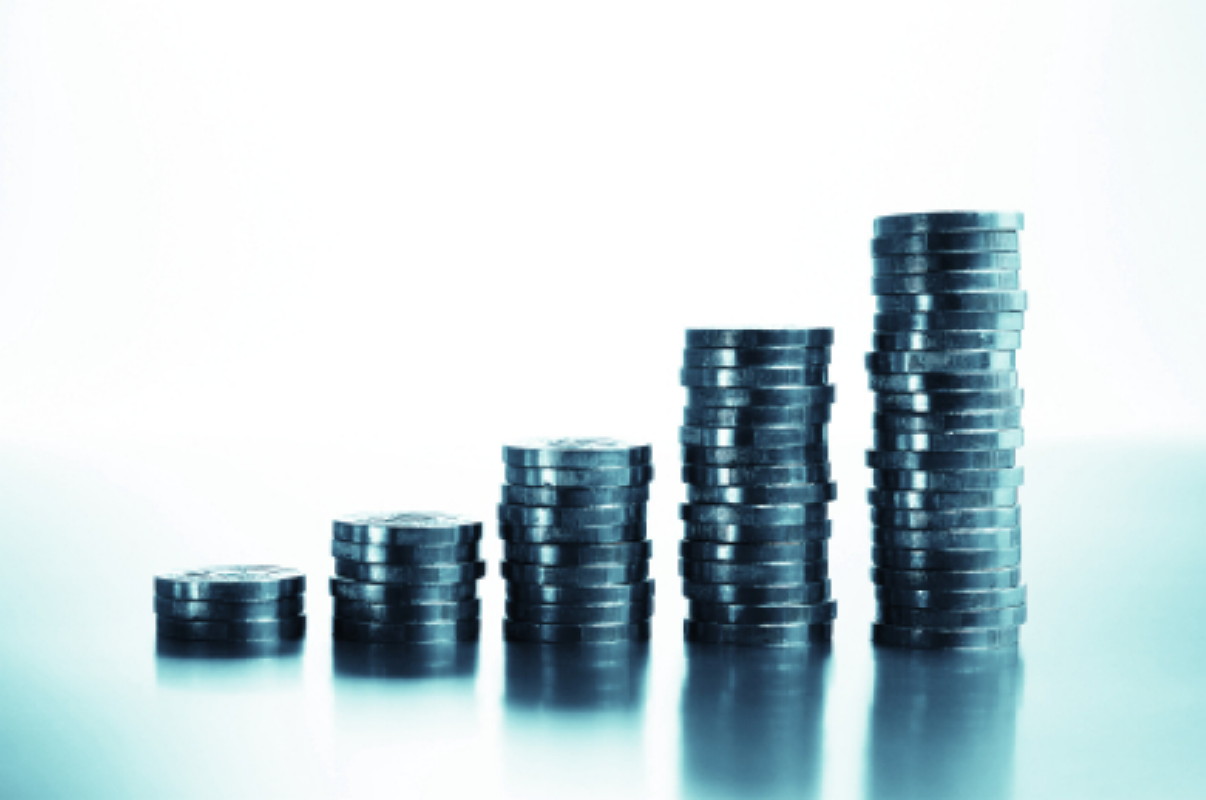With the introduction of GST, the services industry like insurance and banking will be hugely impacted. The Indian banking industry is one of the biggest sectors with the presence of many private and government banks. There are about 26 public sector banks, 25 private sector banks, 46 foreign banks, and 56 regional banks along with thousands of cooperative banks and credit institutions in our country.
According to the GST news, as compared to the trading sector, the banking sector is going to be impacted in a much higher proportion. The implementation of GST in the banking sector is going to be very complicated and tedious looking at the expansive services and the operational volume provided by the banking sector. Since Banking plays a crucial role in managing the country’s economy, we can only hope that the transition happens smoothly and the issues get resolved with clarity. The GST news today seems to be giving mixed signals for the sector.
Currently, the service tax rate is 15% which will be increased to 18% as per the GST news today. This is going to make the banking services such as provisions of cheque books, demand drafts etc costlier by 3%. The banks dealing with products like gold coins, silver coins etc. will also be chargeable under GST, however, it is expected that on these products a concessional rate of GST will be levied.
The GST news today suggests that one major challenge of GST rollout is that it requires the registration at state level since there is no central registration process. This is a tough task for banks due to their massive geographical reach. The presence of banks in almost all the states make the job of registering in each state quite difficult .This will also call for restructuring of administration and IT to maintain the essential records separately. The state wise registration will also lead to an increase in compliance, the GST news India highlights. Also, because there would be many assessors state wise, they may hold different opinions leading to the prolonged discussions and situation ending in a deadlock. The number of returns that have to be filed now, will increase substantially from just two in a year to about 5 to 6 times per year per state, which is a tedious job.
Under GST, it will be important to find out the location of the recipient of the banking service where GST can be paid since GST is a place of supply based tax system. Since the bank branches make various transactions, finding out the place of supply will not be so easy. To determine if a transaction is intra-state or inter-state and whether the payment is up for CGST, SGST, or IGST is a cumbersome task. Other problem that the GST news today points out is that a transaction held between the two separate branches of the same bank will also be charged GST.
In the current scenario, the banks avail the partial reversal of CENVAT against the input services. Now as the GST news states, all these kinds of taxes will be subsumed in GST hence banks will be able to take the input credit on procurement of goods which was otherwise not allowed as per existing CENVAT rules. This will help to minimize the tax evasion but might increase the cost of capital due to decreased credit of 50% on the capital goods.
In spite of all the challenges, it is said that it will be easier to manage capital by the business news experts. They say business will supposedly increase which will lead to more demand of funds thereby increasing the number of transactions.
Stay updated with the latest business & share market news on BloombergQuint.











